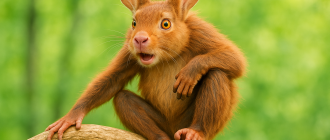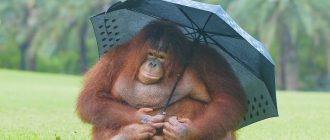Husky

Huskies served as sled dogs in arctic conditions, and their energy and independence may pose challenges in inexperienced hands.
Belgian Malinois

Due to their high energy and intellectual capabilities, improper training or lack of activity can lead to disobedience and potential aggression.
Rottweiler

Rottweilers are known for their loyalty, but improper training and anxieties can lead to aggression
Irish Wolfhound

Aggressive behavior in any breed can be a result of poor upbringing, inadequate socialization, or incorrect owner attitudes.
Doberman
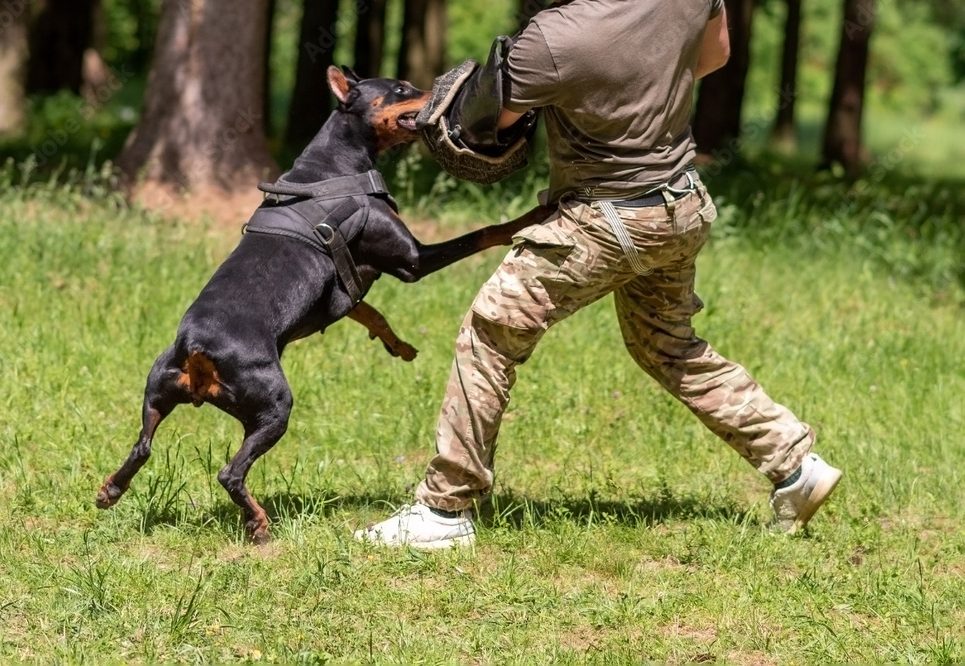
Dobermans have a strong protective instinct, and if not trained and socialized properly, they can display aggressive behavior.
German Shepherd

German Shepherds, known for their loyalty and intelligence, may exhibit aggression if they sense a threat or lack proper socialization and training. They have historically been used as working and guard dogs.
Miniature Poodle

Miniature Poodles may display aggression to compensate for their size. Their high energy level can sometimes escalate into aggressive behavior if not adequately addressed.
Merle Pitbull

As a mixed breed, aggression can be present, and factors like upbringing, training, and socialization play crucial roles in determining their behavior.
Staffordshire Bull Terrier

Generally known for their loyalty, energy, and friendly nature, aggressive behavior may result from improper training, socialization, or unfavorable living conditions.
Bull Terrier

Bull Terriers possess energy and determination, and improper upbringing can lead to aggression, especially in interactions with other dogs. With correct training and socialization, they can be loyal family members.
Mastiff

Their large size and strength can lead to aggressive acts if not properly trained..
Akita
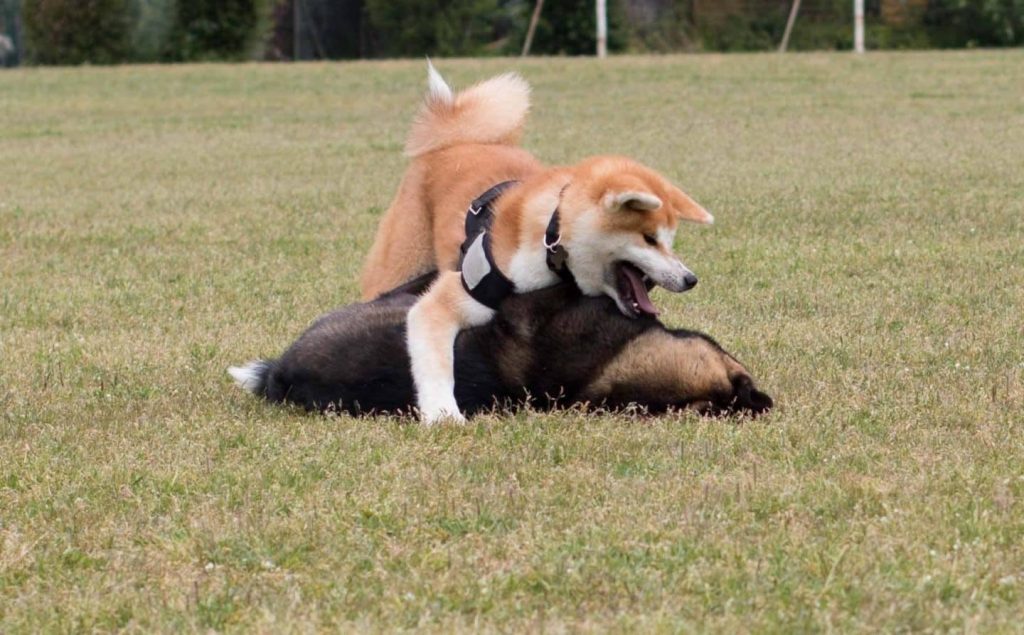
Akitas are known for their independence and territorial nature, which can lead to aggression, especially towards other dogs.
Dalmatian

Require strict training and socialization; otherwise, aggression may manifest.
Great Dane

Improper training and socialization, especially during their growth period, may lead to unpredictable aggressive behavior in these large dogs.
Tibetan Mastiff

Tibetan Mastiffs are considered guardians, and aggression may manifest if not trained correctly or if they perceive a threat. These large and powerful dogs require stable upbringing and socialization.
Shih Tzu
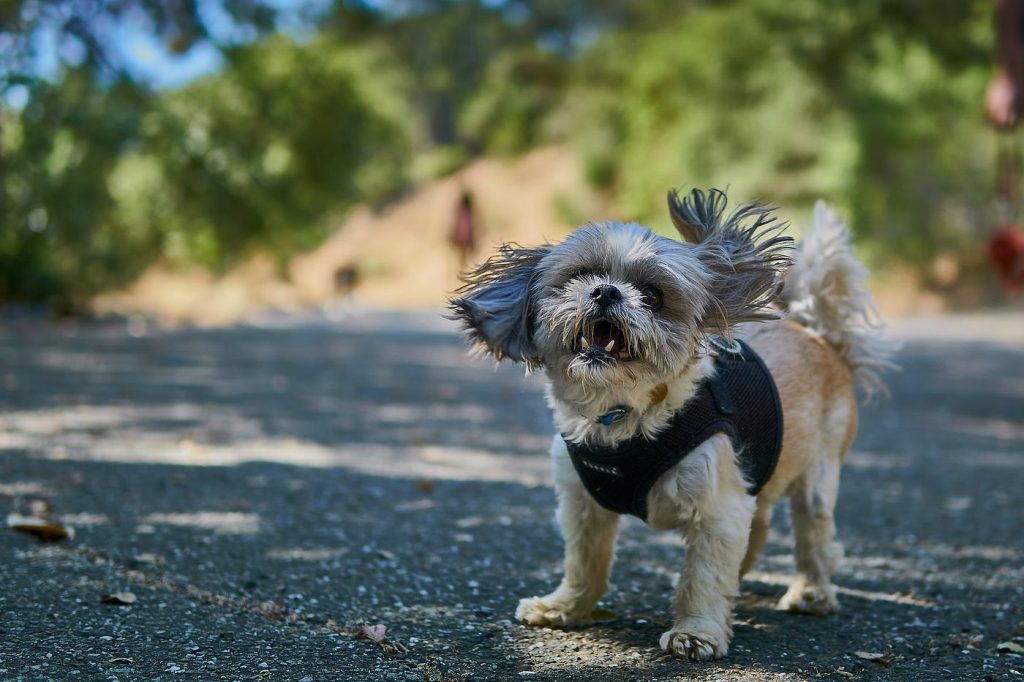
Despite their small size, they can exhibit aggression with improper training.
Border Collie
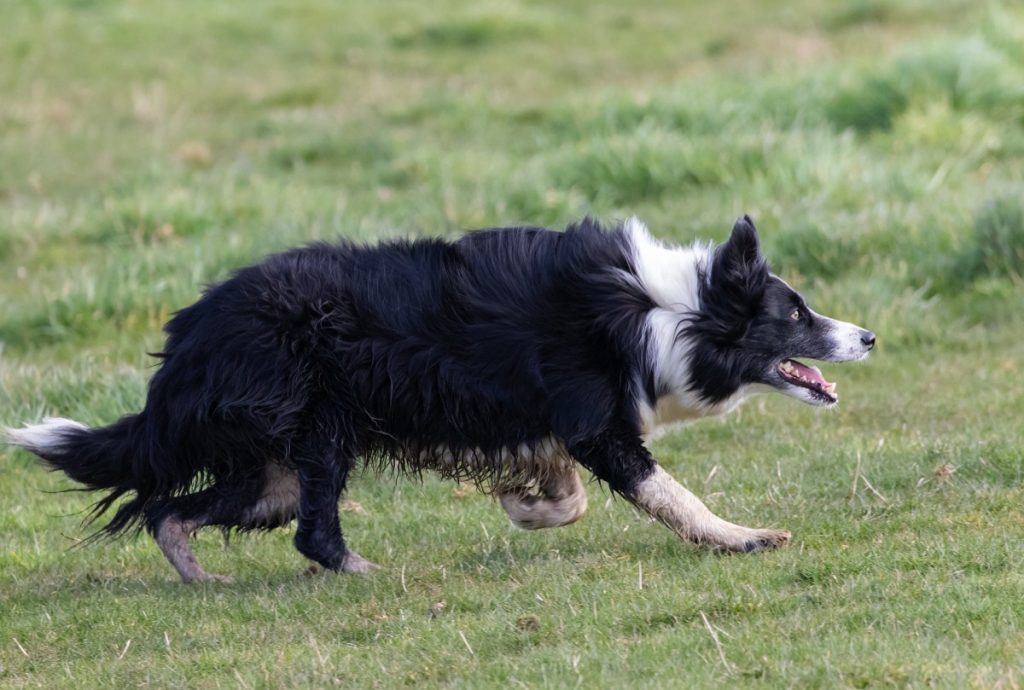
Intelligent and energetic, Border Collies may show aggression without sufficient physical exercise.
Presa Canario

Aggressive behavior in this breed may arise if the dog senses a threat to its territory or family. They require careful socialization and balanced upbringing from an early age.
Weimaraner

Their high energy and intelligence can lead to defiance and boredom, resulting in potential aggression if not given proper stimulation. In unfavorable conditions, this breed may become disobedient and react aggressively.
Kai Ken
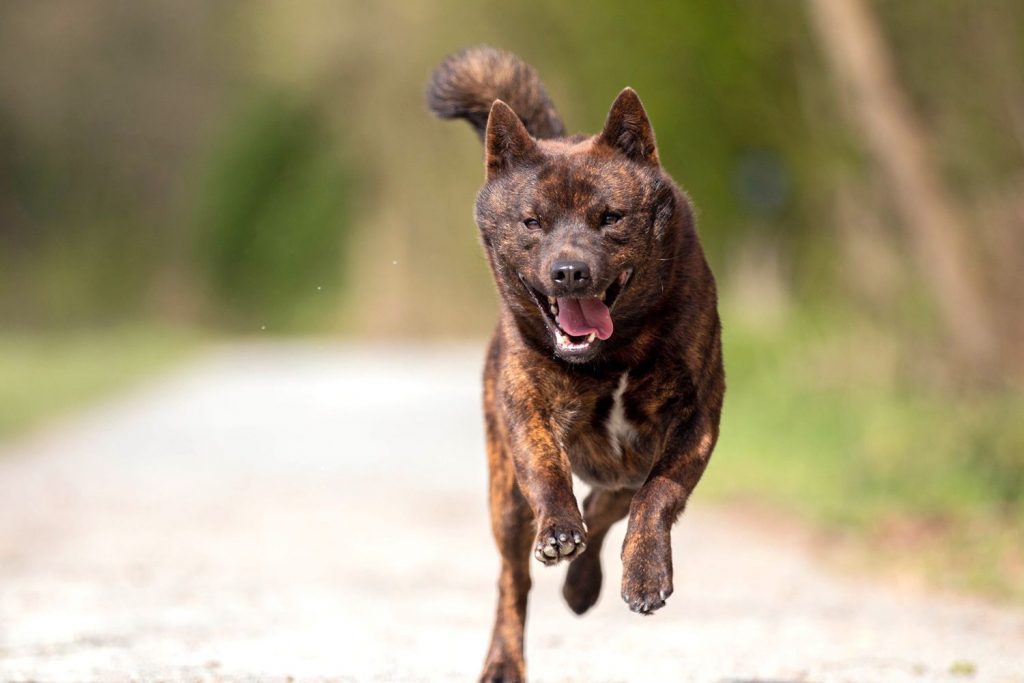
Aggressive behavior in Kai Kens is less common, as they usually have a balanced and friendly temperament. However, as with any breed, proper socialization and training from a young age are crucial to forming a positive character and adhering to behavioral norms.
Brazilian Fila

These dogs were used for hunting large game, and improper socialization can result in aggression, particularly in uncontrolled situations or around unfamiliar objects.
Long-haired Collie

These dogs are highly energetic and vigilant, which may contribute to their aggression towards strangers. They can also bite when their family is under threat.
Rhodesian Ridgeback

A strong and independent breed, Rhodesian Ridgebacks may display aggression, especially in hunting or territorial protection situations. Proper socialization and training are essential for these dogs.
Japanese Tosa

Japanese Tosas have a large size and strong structure, and improper training may lead to aggressive behavior. They require meticulous socialization and training for a calm demeanor.
Airedale Terrier
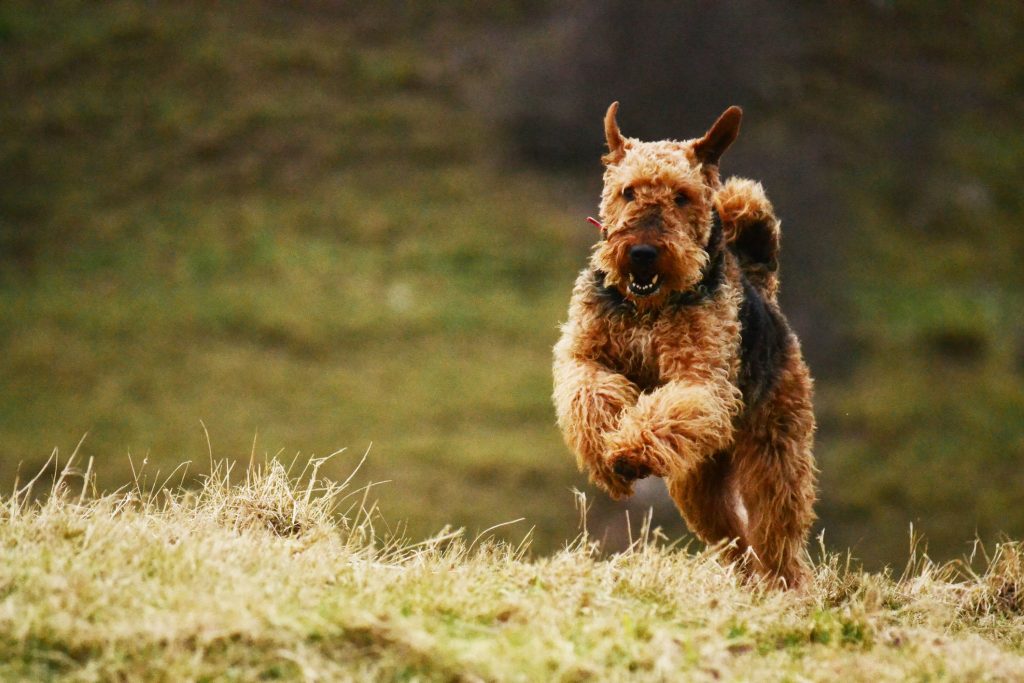
It is crucial to lead Airedale Terriers through thorough training and socialization from an early age. They require a stimulating environment to expend their energy to stay healthy and balanced; otherwise, the breed may become aggressive.


